News
-
 Neuroscience
NeuroscienceScratching an itch is so good, and so bad
The motion kicks off inflammation but may also combat harmful bacteria
-
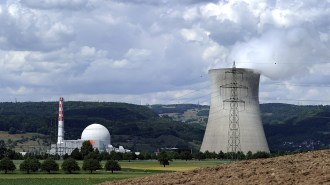 Particle Physics
Particle PhysicsA tiny neutrino detector scored big at a nuclear reactor
A compact method of detecting neutrinos provides new tests of physics theories and could lead to new reactor-monitoring methods.
-
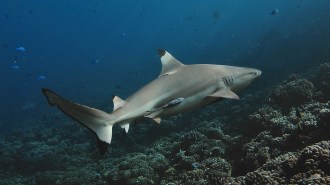 Animals
AnimalsFeeding sharks ‘junk food’ takes a toll on their health
Many blacktip reef sharks in French Polynesia are commonly fed by tourists. But the low-quality diet is changing the sharks’ behavior and physiology.
By Jake Buehler -
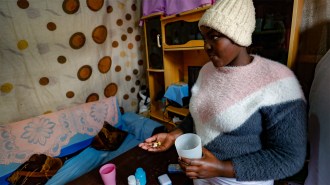 Science & Society
Science & SocietyTrump orders sow chaos in global public health
A recent flurry of executive orders and surprise actions by the Trump administration have roiled WHO, the CDC and the international public health community.
By Meghan Rosen -
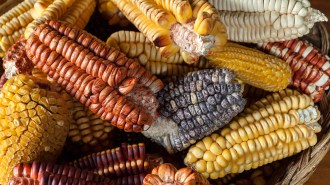 Archaeology
ArchaeologyHere’s how ancient Amazonians became master maize farmers
Casarabe people grew the nutritious crop year-round on savannas thanks to networks of drainage canals and ponds.
By Bruce Bower -
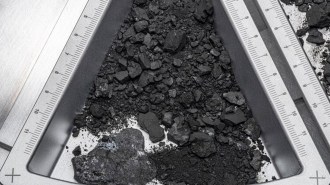 Space
SpaceLife’s ingredients have been found in samples from asteroid Bennu
Samples from NASA’s OSIRIS-REx mission show the asteroid Bennu had organic molecules and minerals and possibly salty water and other life ingredients.
By Adam Mann -
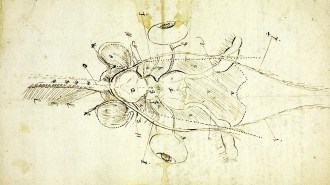 Life
LifeThis drawing is the oldest known sketch of an insect brain
Found in a roughly 350-year-old manuscript by Dutch biologist Johannes Swammerdam, the scientific illustration shows the brain of a honeybee drone.
-
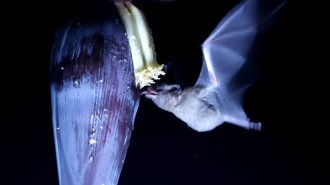 Animals
AnimalsChatty bats are more likely to take risks
Bats may broadcast their personalities to others from a distance, new experiments suggest, which could play into social dynamics within a colony.
-
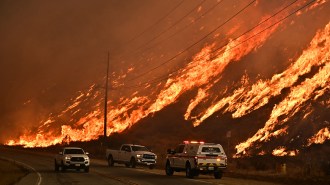 Climate
ClimateYes, you can blame climate change for the LA wildfires
Weather data show how humankind’s burning of fossil fuels made the hot, dry, windy weather more likely, setting the stage for the Los Angeles wildfires.
By Nikk Ogasa -
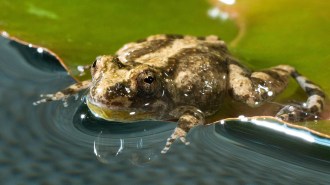 Animals
AnimalsCricket frogs belly flop their way across water
Cricket frogs were once thought to hop on the water’s surface. They actually leap in and out of the water in a form of locomotion called porpoising.
-
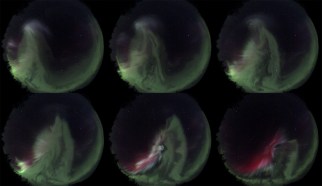 Earth
EarthGhostly white northern lights present new auroral mystery
These mysterious whitish-gray glows in the northern lights might be cousins of the mauve light streak known as STEVE.
-
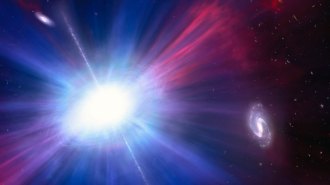 Astronomy
AstronomyA cosmic ‘Platypus’ might link two astronomical mysteries
A flash of light called the Platypus has hallmarks of a mid-sized black hole shredding a star and a type of burst thought to be a stellar explosion.